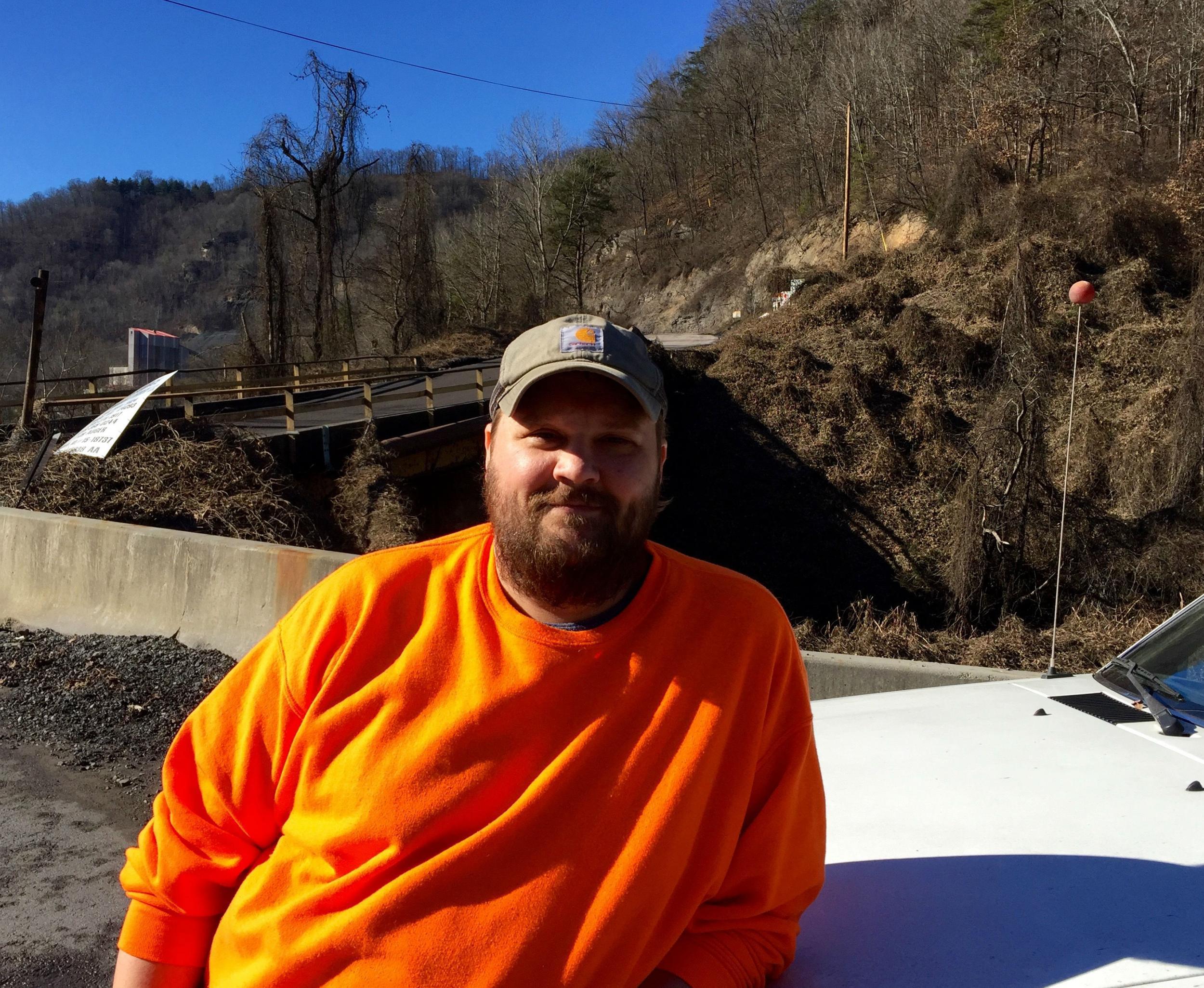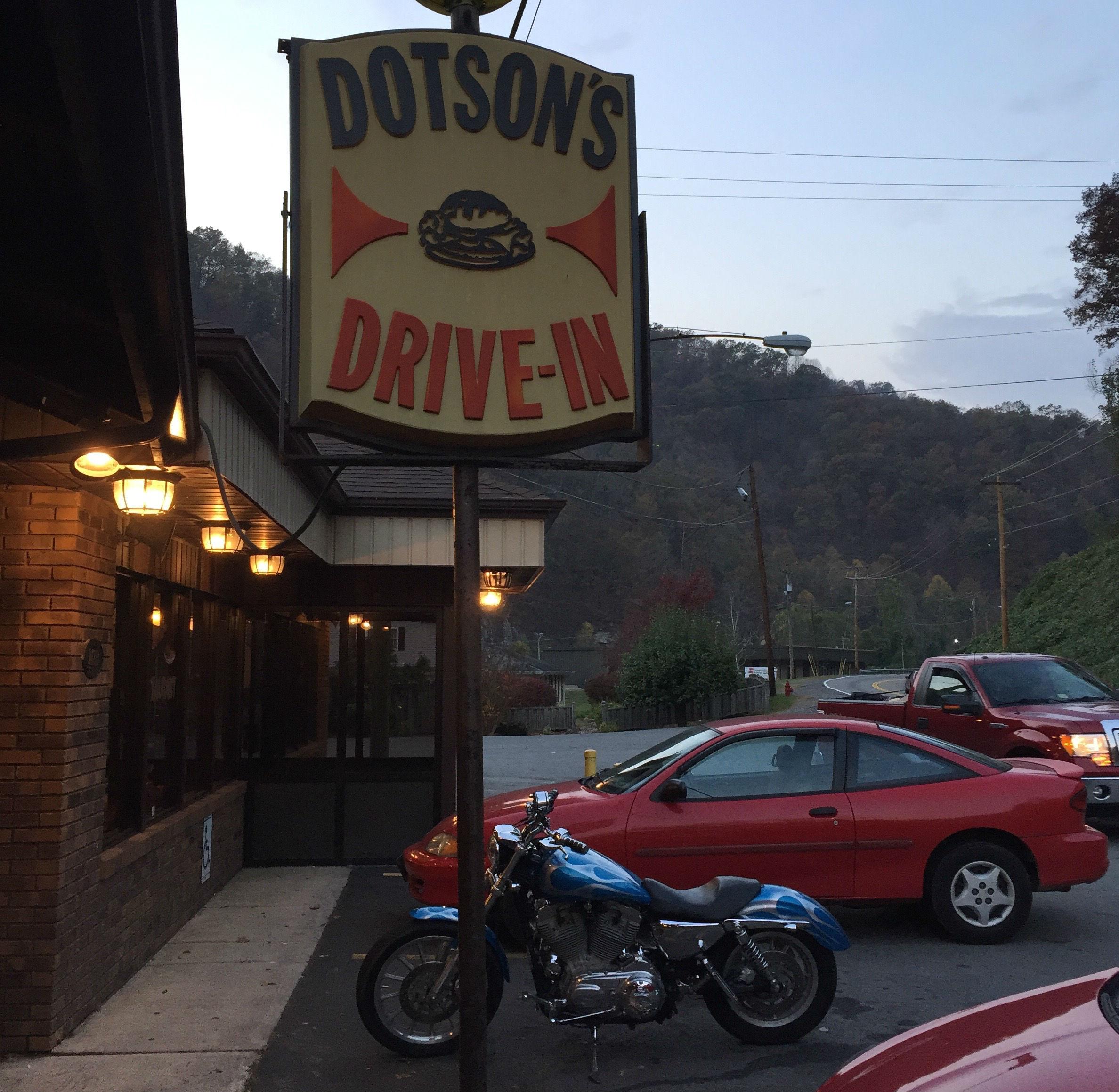Why do these Trump voters love him more than ever? For many, the answer is deep underground
Residents credit the President with improvements in their mining industry, though experts say external factors are the real reason
Your support helps us to tell the story
From reproductive rights to climate change to Big Tech, The Independent is on the ground when the story is developing. Whether it's investigating the financials of Elon Musk's pro-Trump PAC or producing our latest documentary, 'The A Word', which shines a light on the American women fighting for reproductive rights, we know how important it is to parse out the facts from the messaging.
At such a critical moment in US history, we need reporters on the ground. Your donation allows us to keep sending journalists to speak to both sides of the story.
The Independent is trusted by Americans across the entire political spectrum. And unlike many other quality news outlets, we choose not to lock Americans out of our reporting and analysis with paywalls. We believe quality journalism should be available to everyone, paid for by those who can afford it.
Your support makes all the difference.In the area in and around Grundy, coal dust lies by the edge of the road.
For more than a century, this community in the Appalachian foothills has thrived or suffered according to the shifting fortunes of mining.
When Barack Obama introduced tougher environmental regulations, which the mining industry termed the “war on coal”, those changes, combined with the impact of international competition, meant people here struggled. When Donald Trump vowed to restore jobs – “I made them this promise, we will put our miners back to work” – people cheered. They also voted for him in droves.

During the 2016 election campaign, Buchanan County, of which Grundy is the seat, caught the attention of political pundits when it voted more heavily for Mr Trump in the Republican primary than anywhere else in America. In the general election that November, when The Independent first visited, he secured 79 per cent of votes, compared to 19 per cent for Hillary Clinton. And now, as Mr Trump marks his first year in office, those who cast their ballot for the brash billionaire have no regrets.
“I would say things seem to be a lot better. Coal prices are up and there are a lot more jobs,” says 39-year-old Heather Coleman, whose husband, father, grandfather and great grandfather worked as miners. “Coal is so important here.”
In interview after interview, residents of Grundy say the industry has picked up after Mr Trump took office and began dismantling regulations established by his predecessor. Many say the coal wagons are “rolling more often”. People are allowing themselves to feel more hopeful, optimistic.
“He has got some of the coal jobs going since he came in. And that is important because I did not vote for him,” says 50-year-old Sheila Shillings, who says she would score Mr Trump’s first year in office eight out of 10. “Next time? Yes, I think I would vote for him,” she adds.
Official data backs up the anecdotes. The US Energy Information Administration says coal production was up by around eight per cent in 2017 – and that around 1,000 new coal jobs were added across the nation.

In contrast, between 2011 and 2015, the number of coal-mining jobs in Virginia fell from 4,867 to 3,033, a loss of around 38 per cent. Between September 2014 and May 2016, the US lost approximately 191,000 jobs in the mining industry.
The shift has been felt particularly strongly in south-west Virginia, a major producer of metallurgical coal, which is used to produce steel. “We put 25 new people to work [in 2017] and we’re planning to open a new mine this year that would add a further 65 jobs,” says an official with Metinvest Coal, a global producer, who does not want to be named.
Larry Maclanahan, a 40-year-old mechanic who was applying for a job with Metinvest at its local offices in the centre of Grundy, says he heard of new jobs in the industry across the valley, in a change that kicked in after Mr Trump entered the White House.
“He lifted some regulations. It used to be that the water coming off a strip mine had to be cleaner than the water you drink,” he says, pointing to some former strip mines on a hillside. “And that’s hard to do.”
Tim Potter, who heads the town’s office of economic development, says he believed Mr Trump had brought “an overnight change”. He had typically voted Democrat but cast his ballot for Mr Trump after hearing him campaign.
“We have a couple of retail units and we have really felt the change,” he says. “Especially at Christmas. Last year our numbers were down, but this Christmas we have had some fantastic numbers”.
He even says he had been contacted by a US software company that wanted to relocate some of its overseas operations to “little old Grundy”. “It’s a domino effect,” he explains, describing the way mining supported and helped secondary and tertiary businesses.
Yet while mining is on the up, and while residents are prepared to credit this to Mr Trump, it may have less to do with him than they think. Industry experts say the boost in south-west Virginia has come from a surge in demand for metallurgical coal, as China increases its steel production, and a shortage of supply from Australia.
Phil Smith, director of governmental affairs at the United Mine Workers of America, a union with 80,000 members, says there has been an uptick in production that started at the end of 2016 and continued into the last two months of 2017. He says that has resulted in around 800 new jobs being created over a 15-month period.
Yet he says neither the rolling back of regulations by the US Environmental Protection Agency (EPA) – or the scrapping of the Stream Protection Rule, issued in the last days of Mr Obama’s presidency, which would have required coal companies to restore coal mine areas and nearby streams to their previous condition – was responsible. “The EPA stuff has made no impact,” he insists.
Even with coal, life in Grundy is hardscrabble. Unemployment in the county stands at more than 12 per cent, compared to the national average of 4 per cent. Around 20 per cent of residents under the age of 65 are on disability payments and a quarter live beneath the poverty line. One magazine said that per capita, Grundy, which is 95 per cent white, was the “sickest town in America”.
As such, this white working-class community, which felt the benefits of globalisation had passed it by, was a prime target for Mr Trump’s populistic and nationalistic message.
Not everybody here thinks Mr Trump has helped. “I live off a fixed income. If I didn’t get food stamps I couldn’t survive,” says Theresa Kaiser in the carpark of the supermarket Food Giant. “I don’t like his personality – the things he says about people, the way he wants to rush us into war. My dad was in the Second World War. I’d give him two out of 10. I don’t think he has done anything well.”
Others say Mr Trump’s bombastic and sometimes racist rhetoric has unnecessarily stirred anxiety in the country. “He doesn’t like Mexican people or Hispanics,” says Jerry Herardo, who works in a restaurant. “I haven’t seen anything he has done.”

Dirk Hall owns and runs the local radio station, WMJD, which plays a mix of country and old-time favourites. One morning, Mr Hall, who guessed that most of his listeners were supporters of the President, arranged for people to call in and share their thoughts on his first term.
The ratio of fans of the President compared to those who disliked him was about 4:1, and many said the economy had picked up. “Trump has done more in the past 12 months than Obama did in eight years,” said one woman, who added that her son had recently gotten a full-time job in the mines.
Steven Matney is among those who believe Mr Trump has helped keep the town alive. He says he has seen his shifts driving a coal truck increase from two or three a week to five or six.
As he speaks at the bottom of a road leading to the coal-cleaning plant at the village of Big Rock, 10 miles north of Grundy, a succession of large vehicles thunder past bearing their loads.
“Trump has opened things up so we can make a living,” says Mr Matney. “Under Obama, they were trying to chuck us out.”
Mr Matney, 40, whose father also drove a coal truck, says he did not want the same for his 13-year-old daughter. Yet, he says, if a future government wanted to move away from the mining industry, as Ms Clinton proposed, it needed to provide something else for people to do, and to help that transition.
He said people in the area were not resistant to change – and they resented being mocked by liberals as being either hicks or racists, or both.
“We’re not asking to be filthy rich. We don’t want to be like the Kardashians. We just want to be able to pay for our kids,” he says. “So far, President Trump is the only one who has done that for us.”

Join our commenting forum
Join thought-provoking conversations, follow other Independent readers and see their replies
Comments